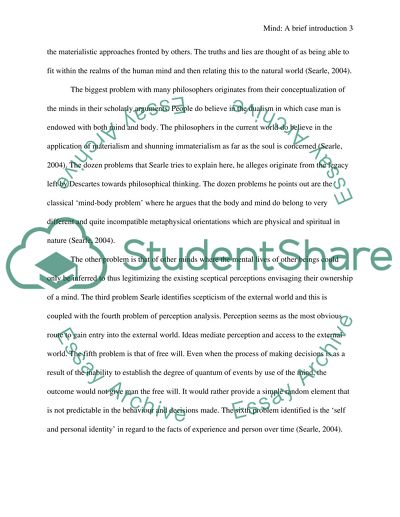Cite this document
(“Searle, J.R. (2004). Mind: A brief introduction. Oxford: Oxford Literature review”, n.d.)
Retrieved from https://studentshare.org/psychology/1436573-y-searle-jr
Retrieved from https://studentshare.org/psychology/1436573-y-searle-jr
(Searle, J.R. (2004). Mind: A Brief Introduction. Oxford: Oxford Literature Review)
https://studentshare.org/psychology/1436573-y-searle-jr.
https://studentshare.org/psychology/1436573-y-searle-jr.
“Searle, J.R. (2004). Mind: A Brief Introduction. Oxford: Oxford Literature Review”, n.d. https://studentshare.org/psychology/1436573-y-searle-jr.


